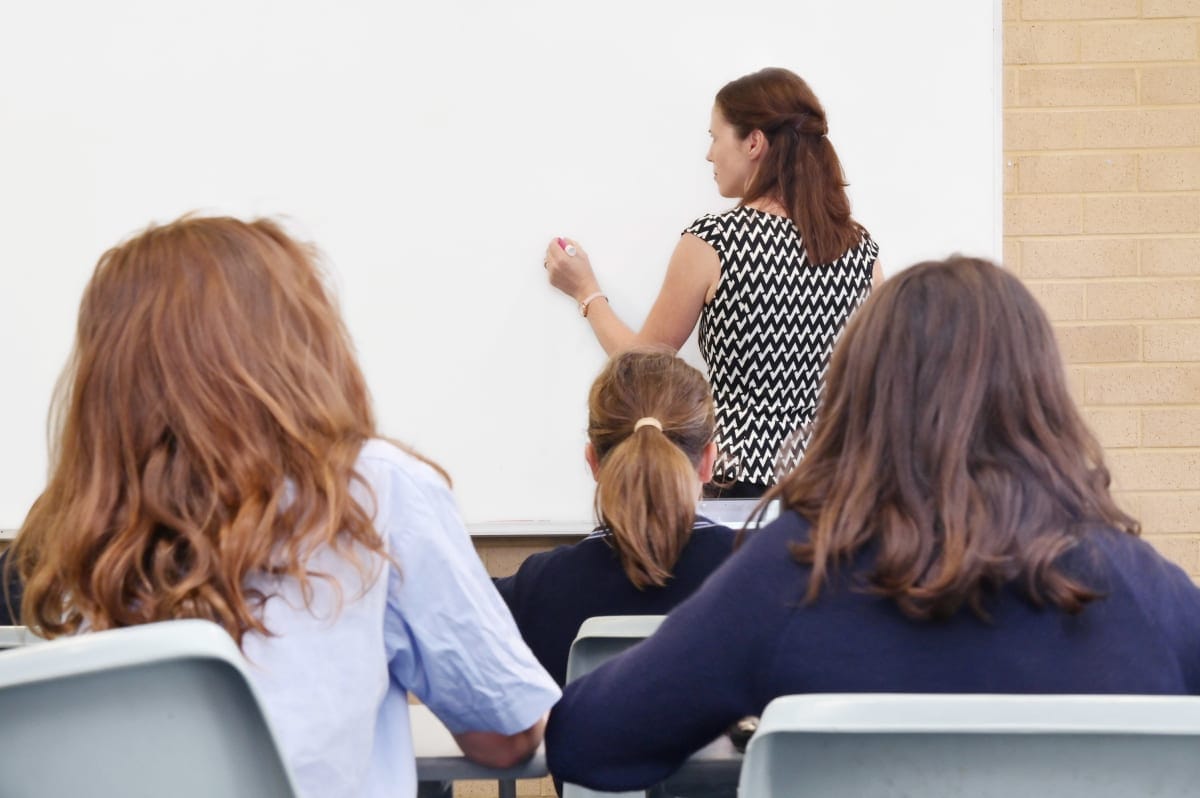
NAPLAN results were released on Wednesday, and the media coverage was deeply disheartening at a time of concern about teacher retention. We need to start calling out the “teacher blaming” narratives that are prevalent in our media and that have consequences for our schools.
Despite phrases in headlines such as “shameful NAPLAN results”, “students failing“, “epic fail”, and “students sink to new lows”, the results show that these attention-grabbing headlines are misguided and unhelpful, and there is, in fact, no long-term decline.
Stop blaming teachers and start funding schools properly! 2024 #NAPLAN results demonstrate, yet again, that socioeconomic disadvantage is the greatest barrier to student achievement. #FundOurSchools to 100% SRS. Every child deserves a fair chance. https://t.co/6bfqIeObZ0— ASPA (@ASPALeaders) August 15, 2024
What needs to be made clear is that as well as being misguided and unhelpful, this reporting is also damaging to our teaching workforce, and obscures attention to what we should be discussing in relation to our schools.
What we often see in this reporting is a simplistic rhetoric centred on teaching approaches that implies that our hard-working teachers and schools aren’t doing enough, or not doing the “right” things, with little attention to the deep inequity in Australian schooling, or to the challenging post-COVID conditions, including dire teaching shortages.
School systems are failing
NAPLAN results are a limited (and arguably damaging) view of the success of our students and our schools. In the words of recently retired school principal Greg Lacey, they are ”not a genuine measure of a truly life-fulfilling education...[but rather]...a score the politicians and others can hang their hat on without delving into what truly lies beneath”.
However, it’s clear our school systems are failing students and teachers.
Concerning numbers of students are disenfranchised by their education. Dr Christopher Hudson looked at recent data from the Victorian Department of Education and noted a 35-45% increase in absence days for secondary school students from 2018-2022, and 50% of students reporting that their schools don’t provide a stimulating learning environment.
Our recent survey of Victorian teachers confirmed other studies consistently showing that only 30% of teachers plan to stay in the profession until retirement, and that most are overwhelmed by intense and excessive workloads.
Read more: When it comes to teachers, respect takes many forms – and all matter
There’s no time to waste blaming teachers and arguing that narrow, standardised ways of teaching will solve the complex issues in our schools. And before I get attacked for not being for ”explicit teaching”, I absolutely think it is an important part of what schools should do. My issue is with blaming teachers and schools for not doing “it” (although most actually do), and with the implication that it will solve all problems.
As Greg Lacey explained: “Teachers are not to blame. School leaders are not to blame. In some of the most challenging years in education … teachers, schools, leaders and communities have been nothing but courageous and amazing, but they’re hamstrung by an inequitable system and a culture of blame.”

Negative consequences for teachers
This example of a public slamming of teachers’ work, via NAPLAN reporting, has consequences. Teachers report feeling disrespected by politicians and the media, and hearing these messages that they’re not doing enough, or not doing the right things, matters.
This is likely to be even more the case for those mid-career teachers, who our recent study has shown are less satisfied with their jobs and more likely to intend to leave their careers because they’re worn down and burnt-out.
The messages, such as those in the media about NAPLAN, contribute to the “moral trauma” they experience. They’re giving their all, for a job they care deeply about, but feel like they’re failing – failing to be able to provide the support and resources the children and young people in their care need, because there aren’t enough resources and there’s never enough time.
Instead, they hear simple narratives, and manage the associated responses, that strip schools and teachers of time and space to care about students as humans (as opposed to just as learners), to develop meaningful and wholly supportive relationships, and to experience teaching and learning as joyful and inspiring.
Read more: Learning from disruption: Why we should rethink the place of NAPLAN in our schools
What’s needed is for politicians, policymakers, educators, and the community to have honest conversations about complex issues, and do deep thinking about what we want for our children and young people.
If it’s just better NAPLAN scores, then progress is going to be difficult, and there’ll be many more teacher and student casualties on the way. But, if we want hopeful, caring, healthy, future generations, we need to have the courage to think and talk differently.





